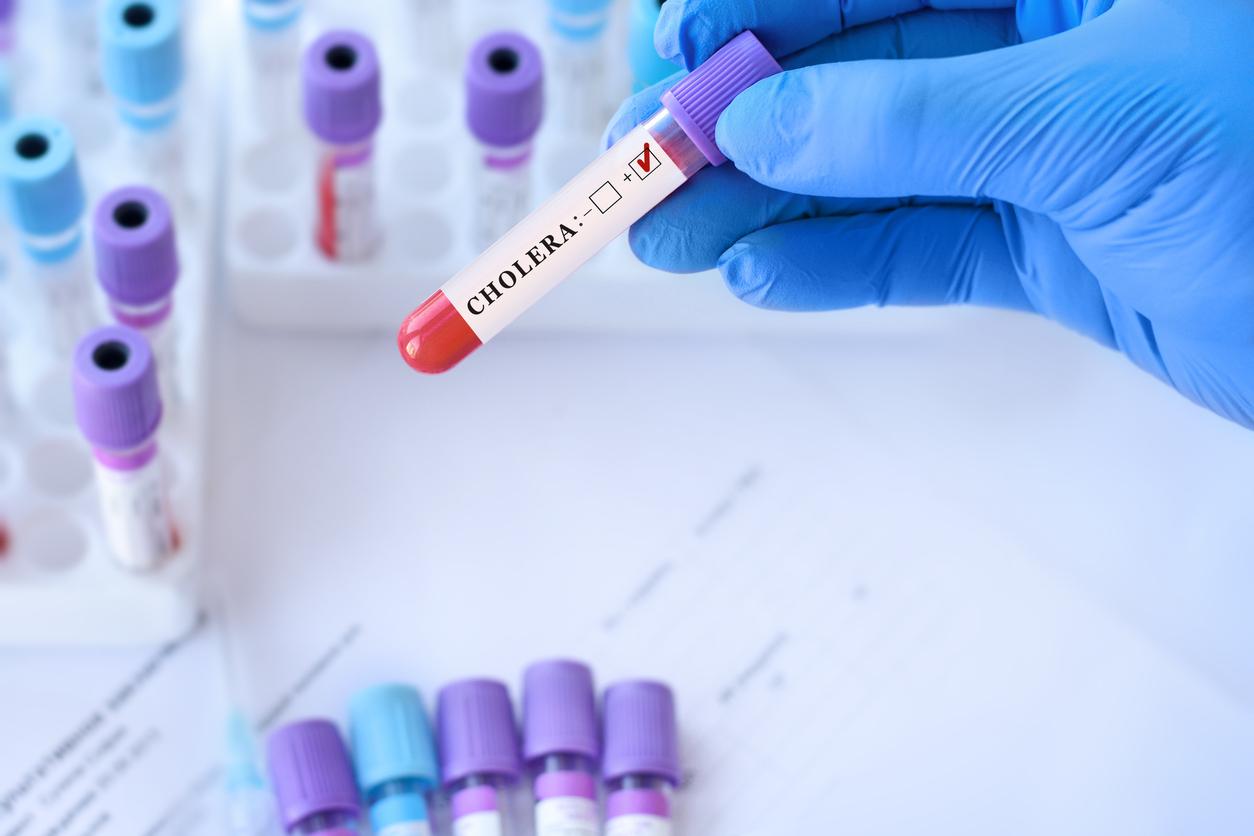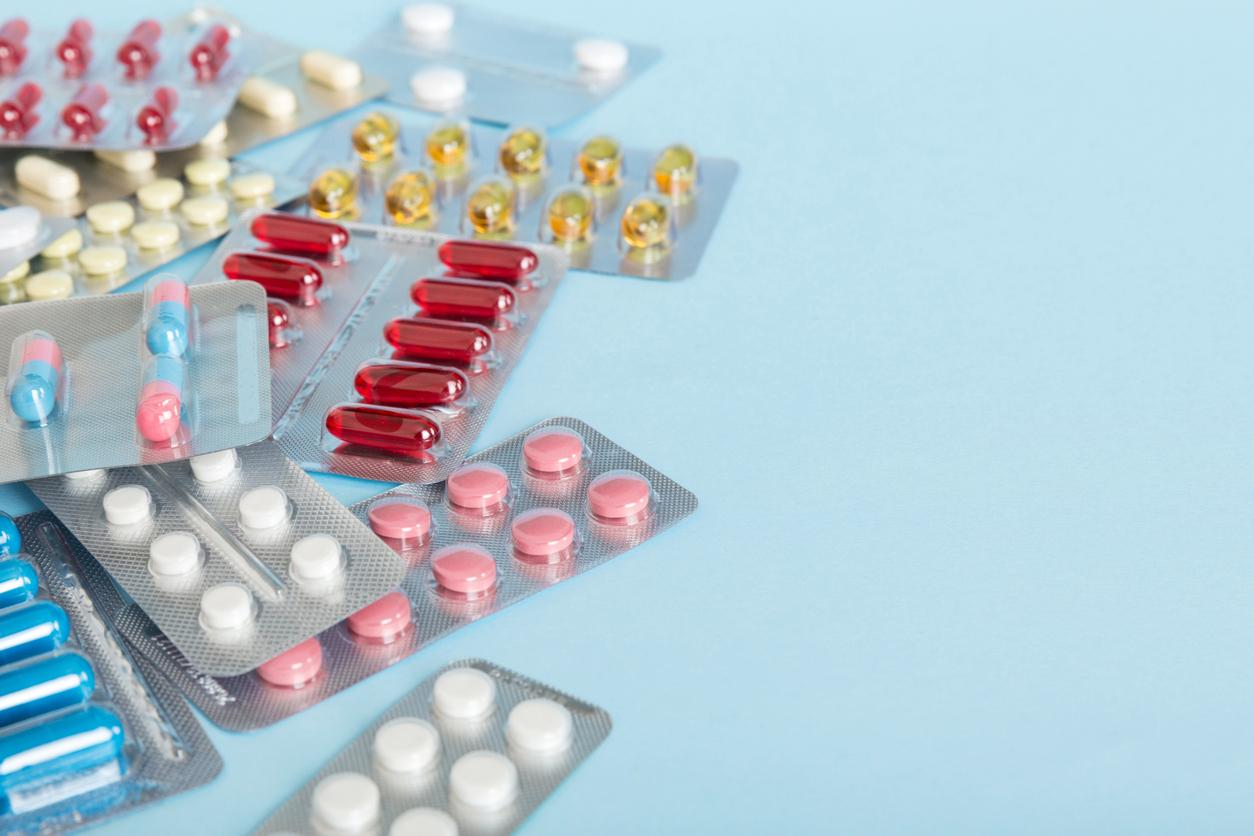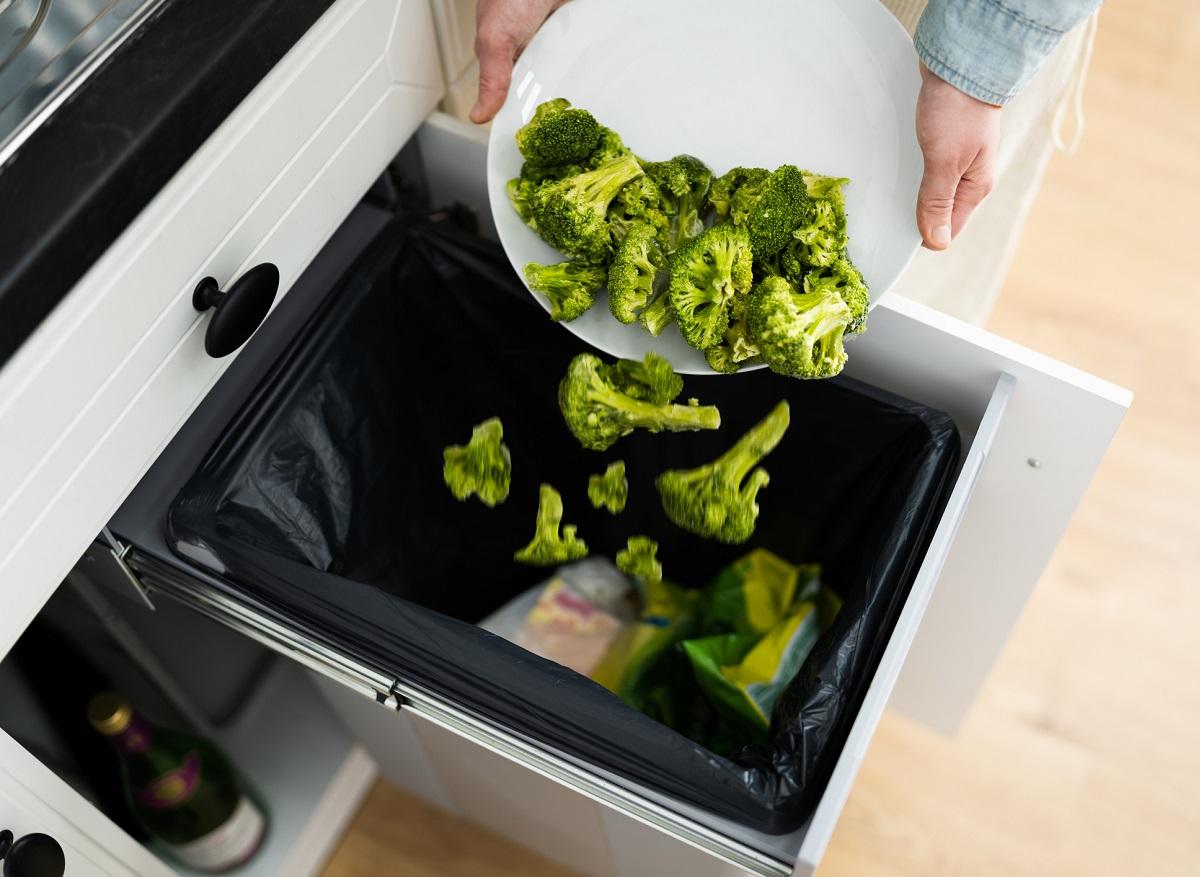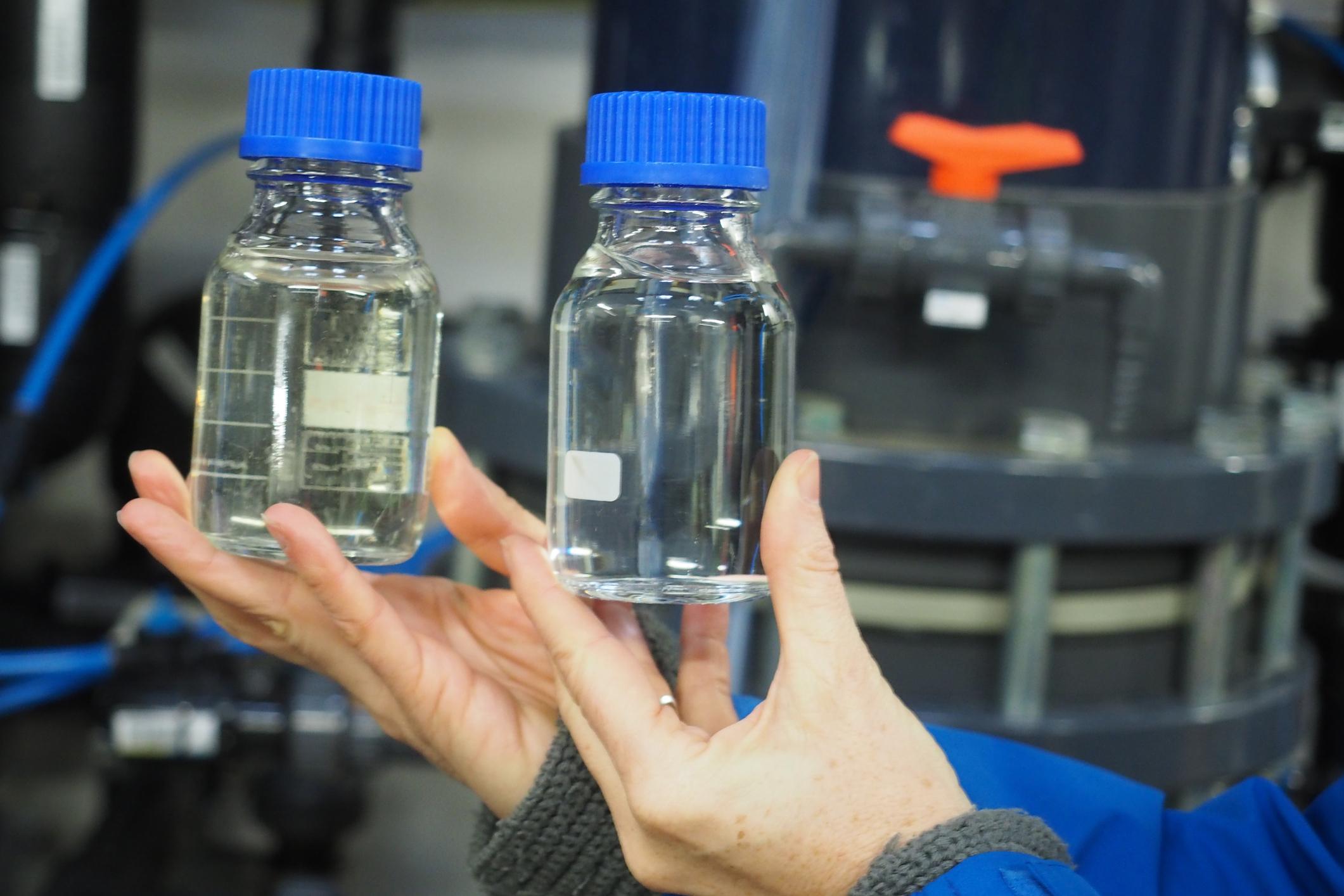The Rennes University Hospital admitted that it had destroyed 30,000 euros of still valid drugs each year for four years. Blame it on product safety legislation “extremely restrictive” according to the establishment.

30,000 euros of still valid drugs would be destroyed at the Rennes University Hospital every year! And this for four years. The addition was indeed presented by the Breton health establishment in a press release published on Thursday. This scandal, denounced a few days ago by the SUD-Santé Social union, is said to have originated in the pharmaceutical process designed by a subsidiary of the Eiffage company. This one presents dysfunctions “particularly related to the automation of the whole process, to its computerized management and to obviously undersized premises”, writes the hospital center. Faced with this observation, André Fritz, the director general of the CHU Pontchaillou wished to respond to the accusations of the unions. Even if he recognizes certain dysfunctions, he considers that it is difficult to do otherwise.
Hospital pharmacy: a secure but extremely restrictive circuit
In this story, it all begins on June 7 in the columns of the daily The Parisian. That day, trade unionists draw up a harsh observation concerning the functioning of this Breton establishment. According to them, several tons of goods have been cremated over the past four years.
André Fritz defends himself against this accusation by recalling that “the legislation and regulations on the safety of the drug circuit in a hospital are extremely restrictive. Because she wants to guarantee the safety of the patient. But the counterpart of this security is organizational difficulties. Today, for four years and the new pharmaceutical process, drugs have come back to guarantee patient safety. And often, we do this on a voluntary basis to prevent products from going out of date. And the latter to hammer out that “it is the imperatives of safety and hygiene which force us to throw away certain products. But safety here comes at a price. It is better to have a loss, rather than for a patient to suffer harm because of a drug that should not have been administered (expired, non-respect of the cold chain, etc.). “
Medications : € 30,000 destroyed against € 2 million reintegrated
In addition, the general manager indicates that his establishment also returns in the circuit of the hospital pharmacy (and in a secure way) “2 million euros of drugs. If we relate this amount to 30,000 euros of destroyed drugs, I think we are a winner. And honestly, my feeling is that we’re not going to be able to bring that down to zero. ”
To conclude, André Fritz indicates that he is now working “on the establishment of a specific tool which will make it possible to quantify the amount of returns destroyed over a year, the objective being that the measures to be taken do not cost more than the cost of destruction. ”
Donation of these drugs to NGOs impossible
Finally, the issue of donating these drugs to NGOs is sometimes raised but the regulations are formal, recalls the Rennes University Hospital. The delivery of unexpired drugs to these structures can only be carried out by the pharmaceutical industry, concludes André Fritz.
.

















